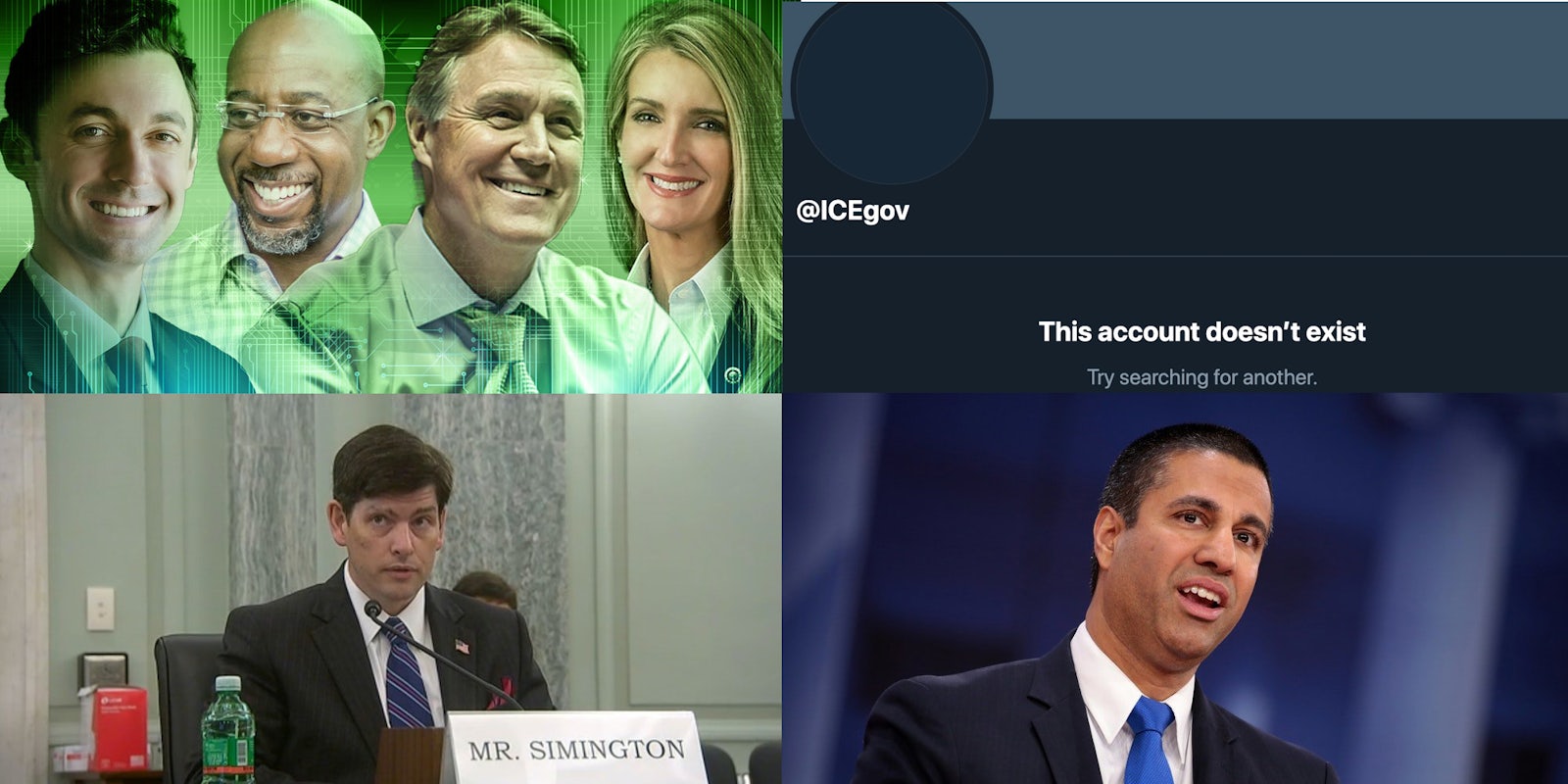Sign up to receive the best of the internet straight to your inbox.
While much of the 2020 election dust has settled, the Georgia runoffs for its two Senate seats will have implications for a number of policy issues: including net neutrality. A Democratic majority in the Senate skyrockets the possibility for a net neutrality bill being passed by Congress.
Here’s what we’ve got on deck today:
- Georgia’s senate runoffs have big implications for net neutrality
- ICE’s Twitter has disappeared and no one knew why
- Trump’s FCC pick says he won’t recuse himself from Section 230 vote

BREAK THE INTERNET
How Georgia’s Senate runoff will affect net neutrality
The runoff for Georgia’s two Senate seats will have implications for a dizzying amount of policy issues for President-elect Joe Biden’s administration—including the future of net neutrality.
Controlling both chambers of Congress and the presidency would give Democrats wide latitude in shaping policy, which means the runoffs between Jon Ossoff and Sen. David Perdue (R-Ga.), and Raphael Warnock and Sen. Kelly Loeffler (R-Ga.), will have an intense spotlight on them in the coming weeks.
The possibility of having that kind of power to shape policy includes what happens next with net neutrality. It’s widely assumed that a Biden administration will restore net neutrality, but the exact route that takes is still up in the air.
Advocates have long argued that a bill in Congress could help settle the issue, instead of having the control of the Federal Communications Commission (FCC) be the deciding factor on reinstating or repealing the rules.
If Ossoff and Warnock were to win their seats, it would give Democrats a slim majority in the Senate in addition to the House—making the chances of a net neutrality bill passing much higher than they currently are.
“Winning both changes the calculus. It changes the calculus likely on appointees, it changes the calculus for sure on net neutrality,” Gigi Sohn, a distinguished fellow at the Georgetown Law Institute for Technology Law & Policy and former FCC counselor, told the Daily Dot.
In 2019, Democrats in the House of Representatives passed the Save the Internet Act, a bill that would essentially codify the FCC’s 2015 Open Internet Order—which enshrined net neutrality rules under Title II of the Communications Act. Despite passing in the House, the bill has languished in the Senate. Senate Majority Leader Mitch McConnell (R-Ky.) hasn’t brought the bill up for a vote, and Republicans have blocked several attempts by Democrats to force a vote on the bill.
If Ossoff and Warnock were to win, it appears that Democrats would have solid votes on a possible net neutrality bill.
Warnock signaled his support for net neutrality just last month. In a tweet, the Democratic senate candidate said the U.S. needed to “re-establish net neutrality protections.” Meanwhile, Ossoff also has also shown support for net neutrality. In a survey conducted by Common Cause’s “Our Democracy 2020” project, Ossoff said he supported the Save the Internet Act.
While a Democrat majority would make a bill passing easier—likely even, given the enthusiastic support the issue has generated from party leaders—there is some precedent for bipartisan support.
In 2018, the Senate passed a Congressional Review Act (CRA) measure that would have overturned the FCC’s repeal. Three Republicans—Sen. Susan Collins (R-Maine), Sen. Lisa Murkowski (R-Alaska), and Sen. John Kennedy (R-La.)—joined Democrats in voting in favor of it. While passing in the Senate, the CRA effort died in the House, which was controlled by Republicans at the time.
Unlike some of his Republican colleagues, Perdue voted against the CRA effort. Loeffler, who was appointed to the Senate in 2019, was not in the chamber during that vote.
While there has been some bipartisan movement in Congress in the past, Craig Aaron, the co-CEO of Free Press Action, said Democratic control means its more likely that bills like the Save the Internet Act come up for a vote—even if there is Republican support.
“Obviously we saw the Save the Internet Act pass the House, but a year earlier we did actually see it move through the Senate with some Republicans coming on board,” Aaron said, referring to the CRA efforts. “With Democratic control those kinds of votes become very possible. With Mitch McConnell in control, and despite how popular net neutrality is among Republicans, it’s a graveyard—as it was for the last few years.”
— Andrew Wyrich, deputy tech editor
SPONSORED
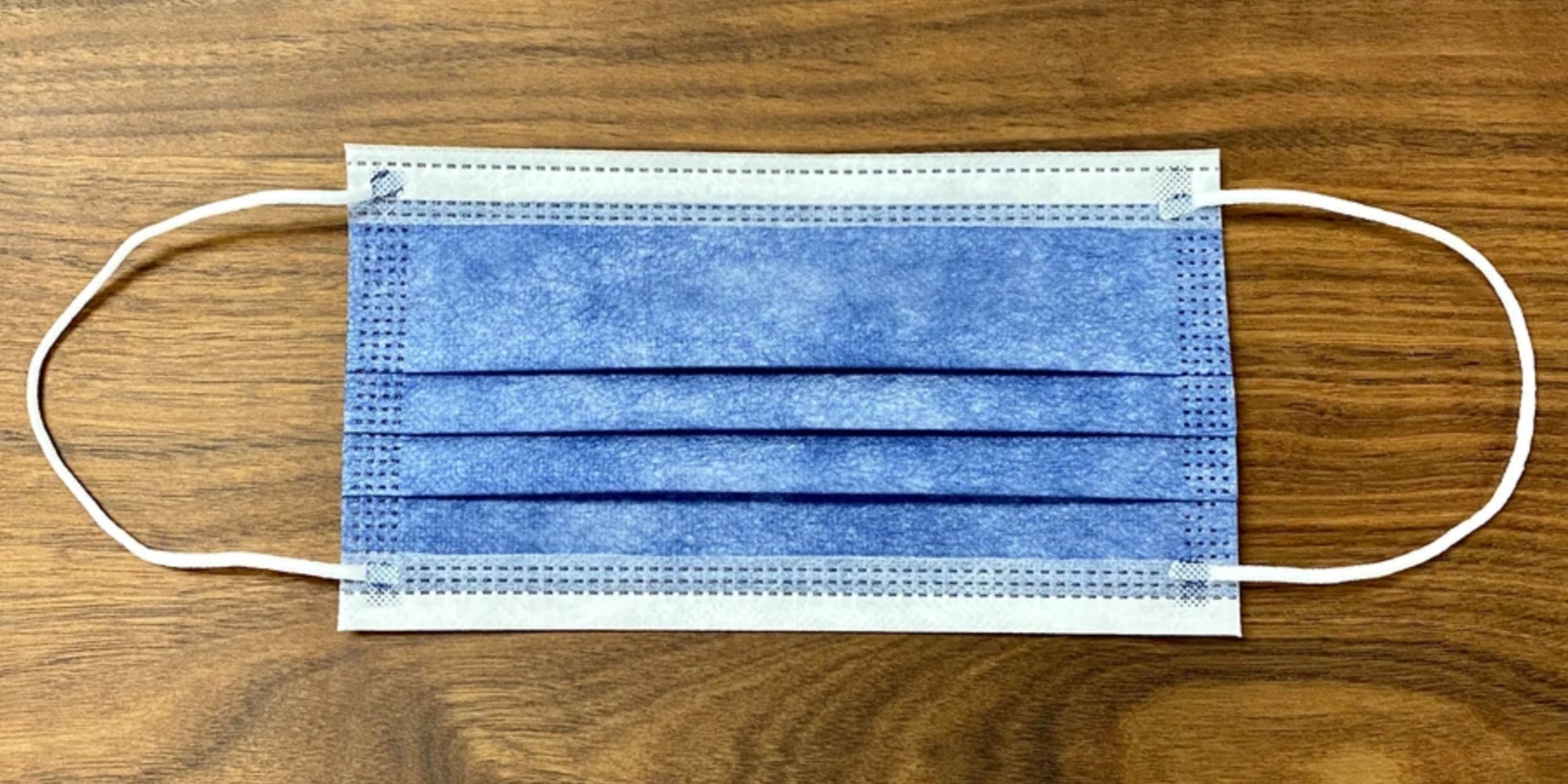
Masks have become the norm these days, but most people don’t know just how well their mask is protecting them from COVID. An FDA-registered surgical mask is your safest option, and we can tell you exactly what goes into making one, why it’s the best choice, and where to buy it.
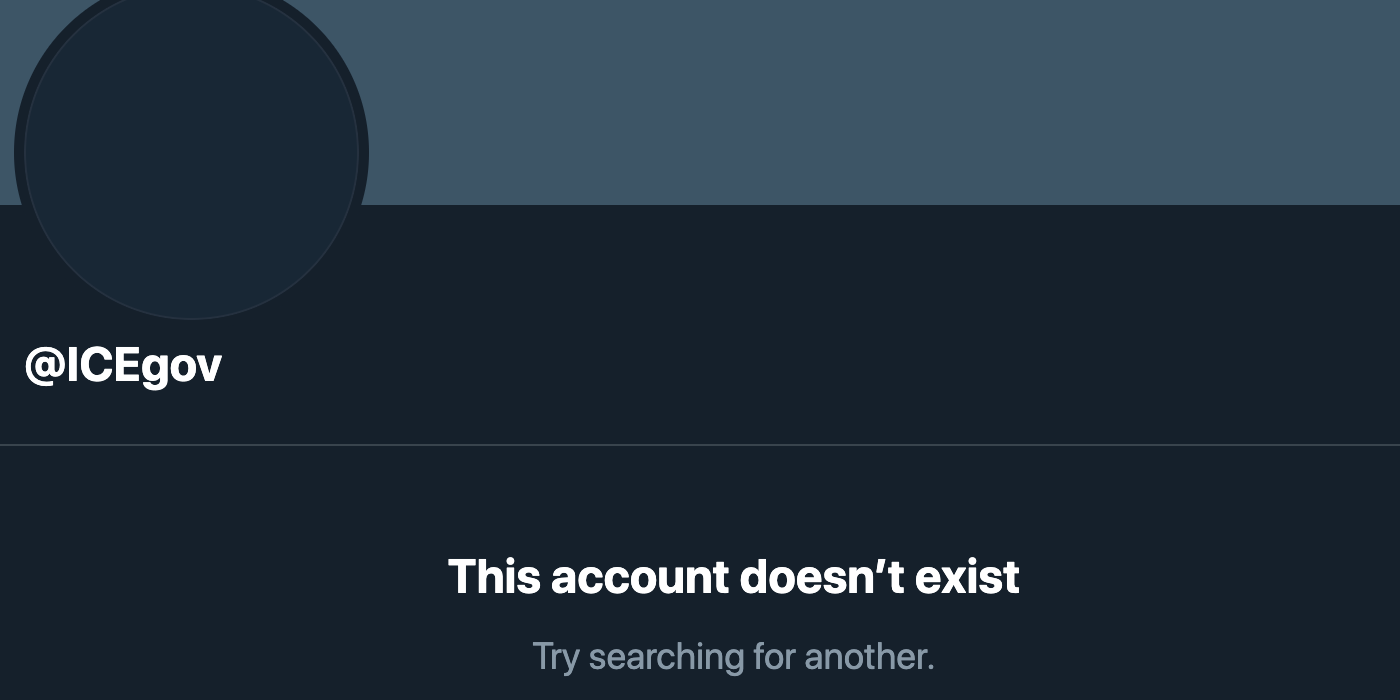
HUH?
ICE’s Twitter has disappeared and no one knew why
Many wanted, even demanded, that ICE (U.S. Immigration and Customs Enforcement) be abolished. It looks as though we could be one step closer to that reality: the controversial governmental agency’s Twitter disappeared last week.
The Twitter account was gone for several hours last Thursday, sparking a number of jokes and memes online.
However, Twitter eventually set the record straight for why the account was suspended: it appears that the ICE account had changed its age on Twitter, prompting a shutdown.
A Twitter spokesperson told the Daily Dot that the account was reinstated and that the age discrepancy was the reason for its disappearance.
“Twitter requires people using the service to be 13 years of age or older. If an account’s birthdate is changed to a day/month/year prior to that and our systems identify content posted by the account before they were 13 years old, they will be locked out of the account. The account has been reinstated,” the spokesperson said.
Here’s why it matters: This unusual action, though not tied to it, is an apt metaphor for a recent agenda announcement by President-elect’s Joe Biden’s team. Per a CBS News report, “the incoming Democratic administration is also expected to start undoing President Trump’s immigration plan in short order.”
— Kahron Spearman, contributing writer
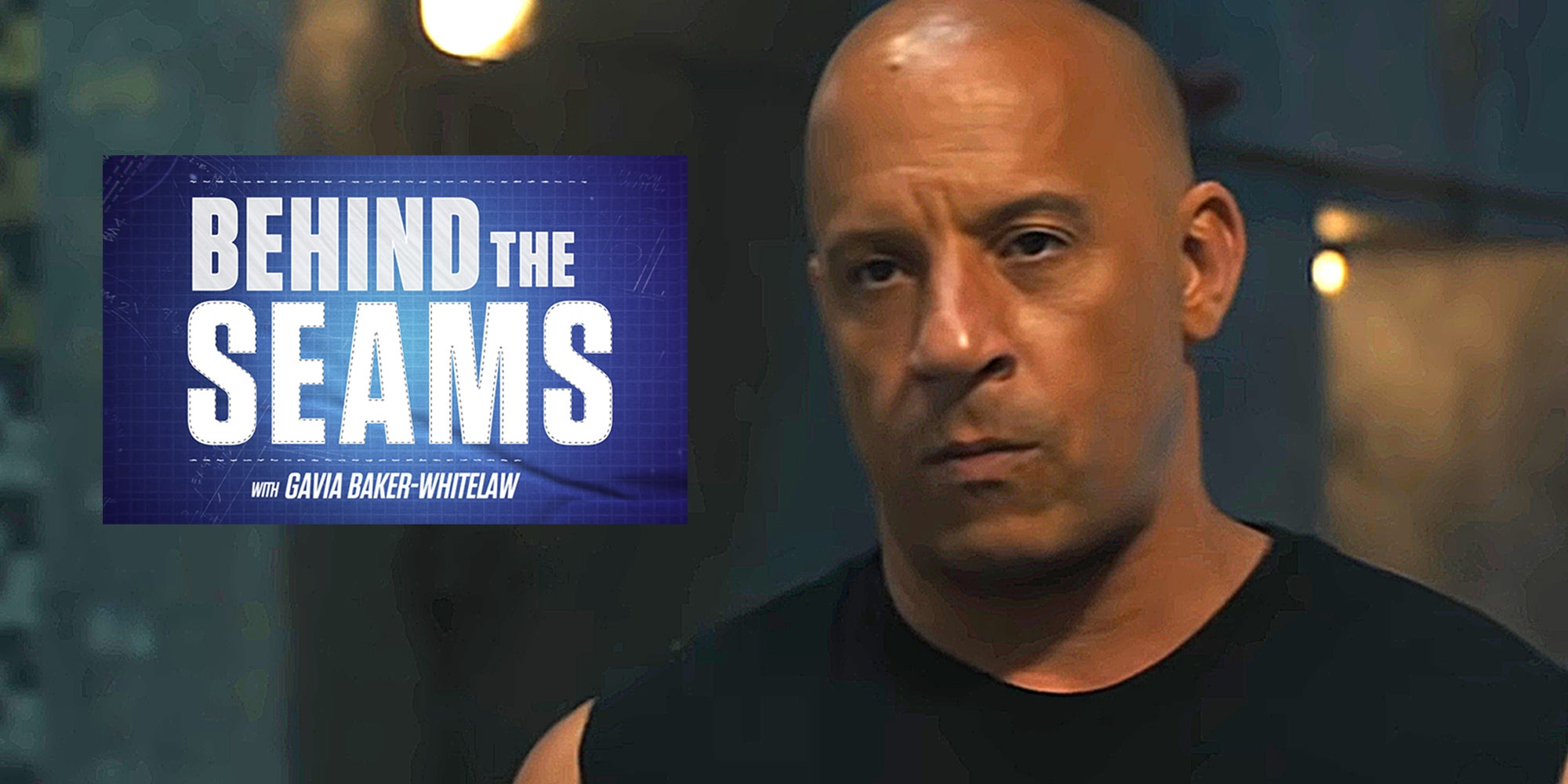
STREAM THE SEAMS
Why do so many action heroes wear the same grey T-shirt? Watch Gavia Baker-Whitelaw’s latest episode of Behind the Seams, where she dissects a different element of movie costume design each week.
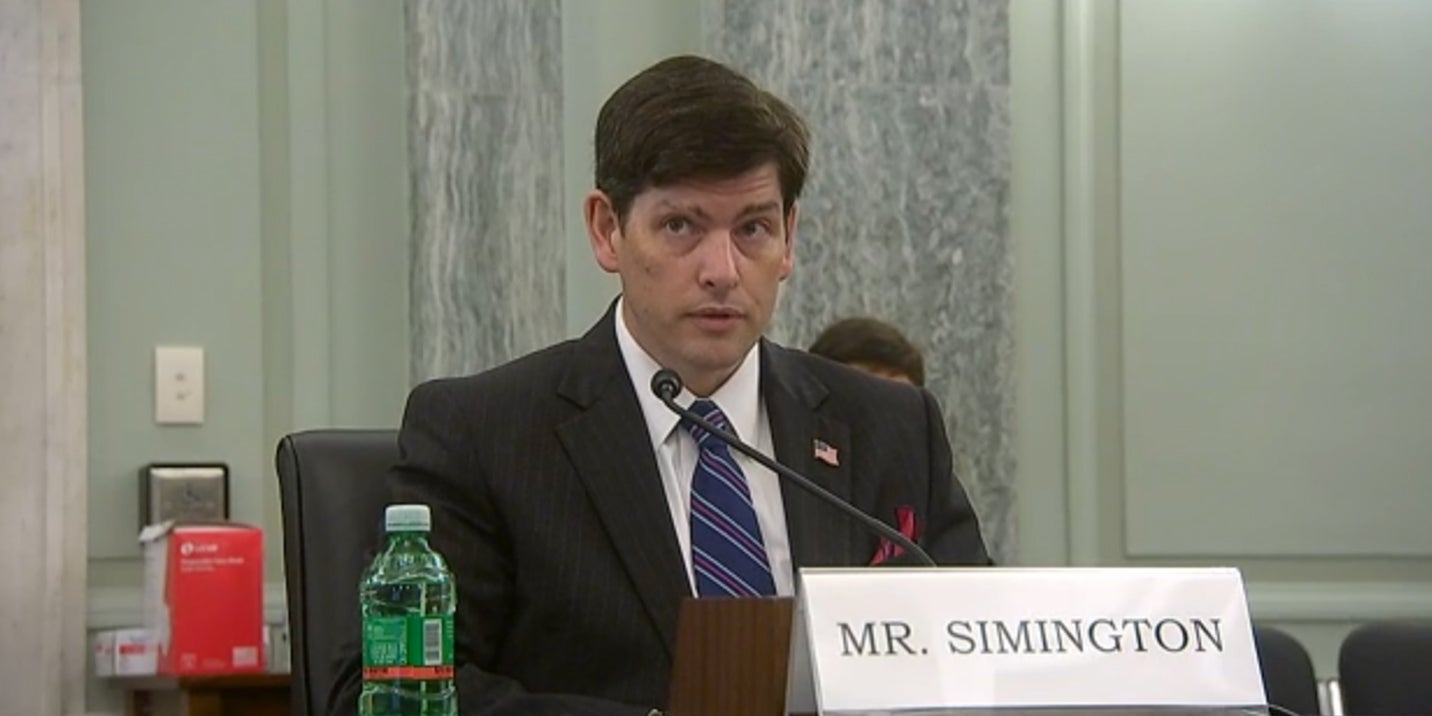
OVERLORDS
Trump’s FCC pick says he won’t recuse himself from Section 230 vote
Despite Joe Biden being projected to win the presidency, Senate Republicans last week went ahead with a confirmation hearing for President Donald Trump’s choice to fill a seat on the Federal Communications Commission (FCC): Nathan Simington.
Simington, currently a senior adviser at the National Telecommunications & Information Administration (NTIA), has been a controversial choice by Trump. Trump nominated him to replace Michael O’Rielly, a Republican FCC commissioner, who had his re-nomination withdrawn by the president shortly after he raised some concern about the agency’s authority to carry out Trump’s social media executive order.
While O’Rielly’s concerns with the social media order may have led to his ouster, Simington’s relationship with Trump’s order may have been central to him being chosen. At the NTIA, which filed a petition for rulemaking with the FCC in late May that was eventually accepted by the agency, Simington “had a hand” in crafting Trump’s social media order, according to the Washington Post.
Sen. Richard Blumenthal (D-Conn.), serving as the acting ranking member of the committee, started it off by saying he feared that Simington was sent to the FCC on “a mission to execute” President Donald Trump’s controversial social media executive order that targets Section 230 of the Communications Decency Act.
Section 230 shields websites from being held liable over the content posted on them by users. It’s been hailed as a vital law in the evolution of the modern internet, and advocates have warned that changing it could have far-reaching consequences.
Despite this, the law has become a target of lawmakers on both sides of the aisle—including Trump and President-elect Biden. Given Trump’s order, and Simington having a part in it being crafted, Section 230 and the FCC took center stage at the confirmation hearing.
Here’s why it matters: Blumenthal asked Simington whether he would consider recusing himself from votes regarding Section 230 if he was confirmed to the FCC. In response, Simington said that would be “premature.” Ultimately, Blumenthal said he would likely put a hold on Simington’s confirmation over his involvement with Trump’s social media order.
— A.W.
BTW
- Democrats to FCC: Stop work on all ‘partisan’ and ‘controversial’ work 🛑
- Trump’s ‘I WON THE ELECTION!’ tweet gets promptly fact-checked and memed 🤣
- Kickstarter accidentally reminds everyone it didn’t take down a men’s rights campaign 7 years ago 👀
- Facebook extends political ad ban for another month 🚫
- Trump links ‘Dominion’ voting conspiracy to Arizona and Nevada 🗳️
Now reading: The Inside Game: Bad Calls, Strange Moves, and What Baseball Behavior Teaches Us About Ourselvesby Keith Law

